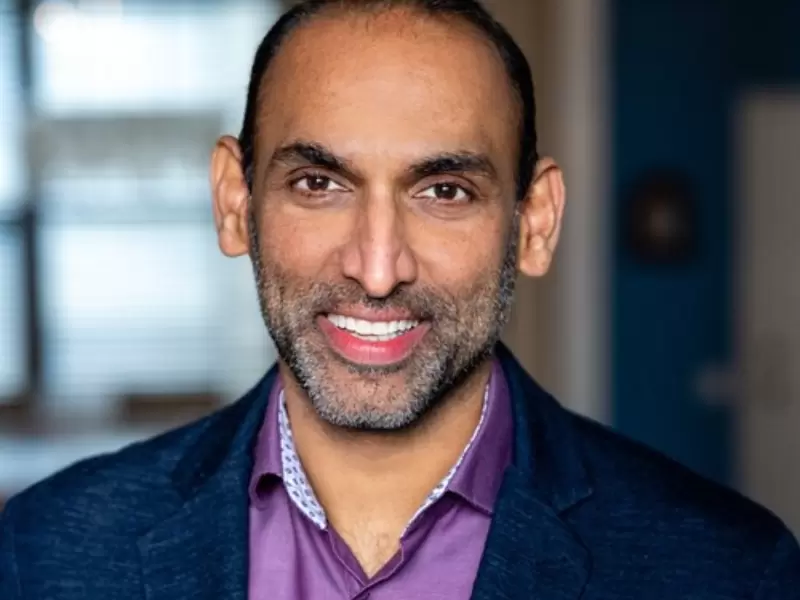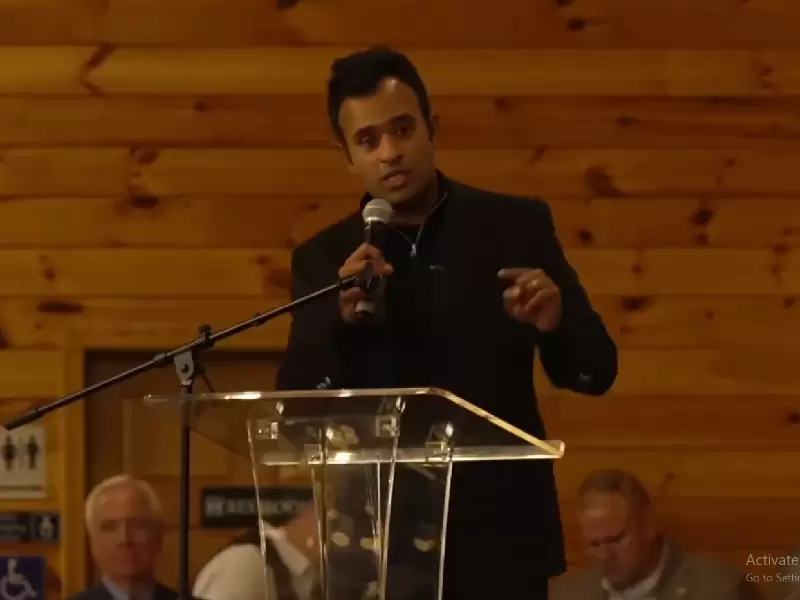Rep. Ro Khanna to skip Netanyahu's address to congress
Khanna’s decision aligns him with other Democrats, including Rep. James Clyburn (D-S.C.), who have also stated their intention to skip Netanyahu’s speech.
 Indian American Democrat Ro Khanna / Image- khanna.house.gov
Indian American Democrat Ro Khanna / Image- khanna.house.gov
Indian American Democrat Ro Khanna announced his refusal to attend the highly anticipated speech before Congress by Israeli Prime Minister Benjamin Netanyahu, citing the leader’s role in continuing the devastating U.S.-funded military offensive in Gaza while rejecting efforts to prioritize a cease-fire deal.
“I will not attend,” Khanna said during an interview on NBC News' "Meet the Press." He elaborated, “I said that if he wants to come to speak to members of Congress about how to end the war and release hostages, I would be fine doing that, but I’m not going to sit in a one-way lecture.”
Khanna’s decision aligns him with other Democrats, including Rep. James Clyburn (D-S.C.), who have also stated their intention to skip Netanyahu’s speech. Clyburn, in a recent interview on NewsNation’s "The Hill Sunday," expressed similar sentiments, stating he would “treat [Netanyahu] the same way he treated Barack Obama.”
WATCH: As Israeli PM Netanyahu prepares to address a joint session of Congress, @RepRoKhanna (D-Calif.) says he "will not attend."
— Meet the Press (@MeetThePress) June 16, 2024
"I'm not going to sit in a one-way lecture. … How he treated treated President Obama, he should not expect reciprocity.” pic.twitter.com/kvgiNwJPsm
“I agree with Representative Clyburn. I mean, how he treated President Obama, he should not expect reciprocity,” Khanna said. He emphasized, however, the importance of maintaining decorum during Netanyahu’s address. “That said, I think it should be polite, and we’re not going to make a big deal about it. He’s obviously addressing the Congress, and there has to be decorum.”
The tension between Netanyahu and former President Obama dates back to 2015, when Netanyahu addressed Congress to criticize the Obama administration’s nuclear negotiations with Iran and his stance on Palestinian statehood. More than 50 Democrats boycotted that address, which was arranged by then-Speaker John Boehner (R-Ohio) without consulting the White House.
A growing number of Democratic lawmakers have voiced their decision to boycott Netanyahu’s speech, citing the strained historical context and ongoing conflicts, particularly the war in Gaza against the militant group Hamas, as reasons for their stance.
ADVERTISEMENT
ADVERTISEMENT
E Paper
Video



 Malvika Choudhary
Malvika Choudhary


.png)





.jpg)



Comments
Start the conversation
Become a member of New India Abroad to start commenting.
Sign Up Now
Already have an account? Login